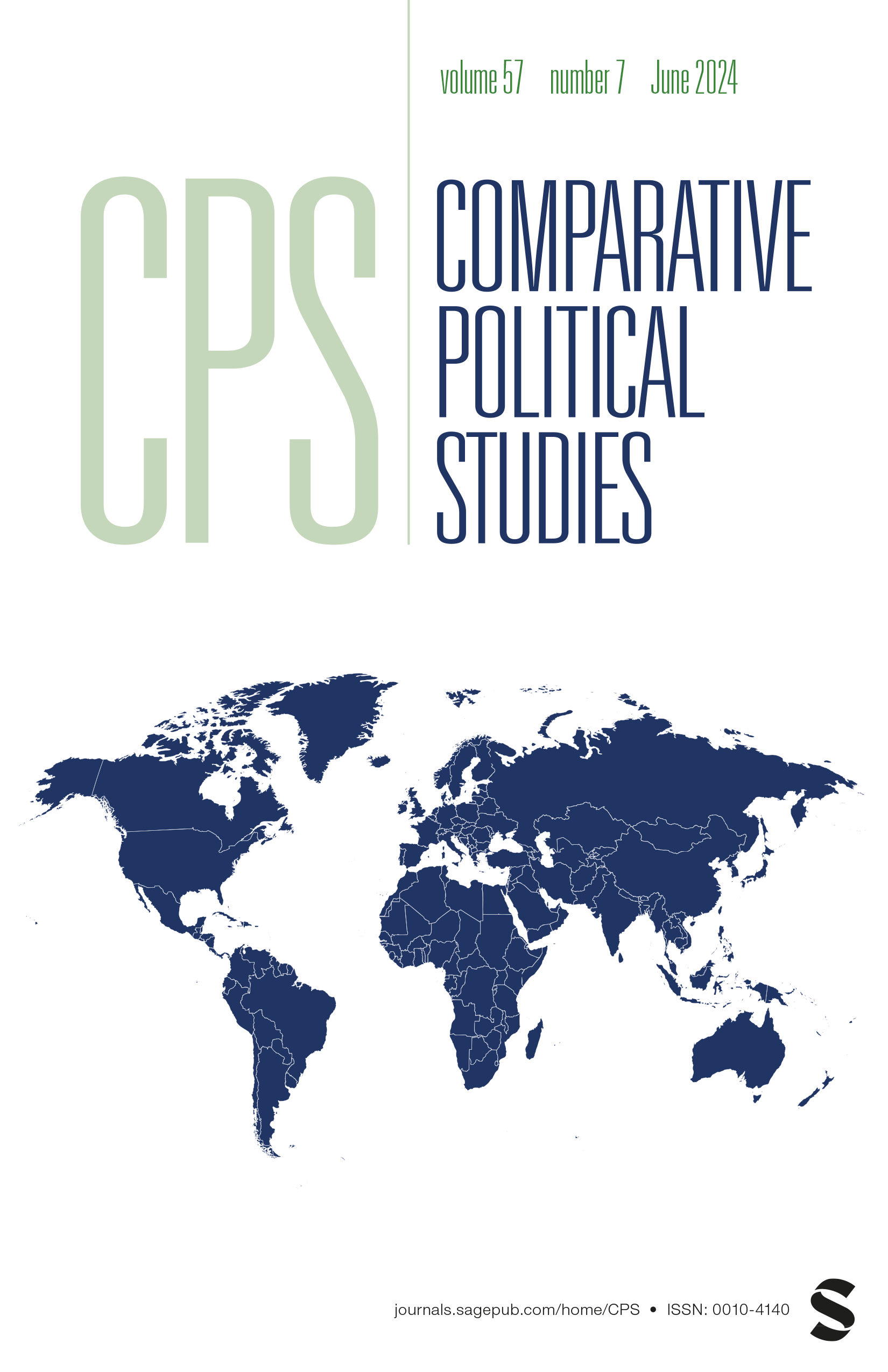The Activist Personality: Extraversion, Agreeableness, and Opposition Activism in Authoritarian Regimes
IF 3.4
1区 社会学
Q1 POLITICAL SCIENCE
引用次数: 0
Abstract
Why do people become opposition activists in authoritarian regimes where dissent invites social censure and can be dangerous? We make a new contribution to answering this classic question: personality. For the first time outside of democratic contexts, we investigate the association between personality traits and opposition activism, arguing that some traits work universally, while others interact with political context. We propose that—as in democracies—high extraversion predicts political activism, regardless of its pro- or anti-regime orientation, and, in particular, that extraversion is critical to explain the shift from online to offline action. We also argue that—contrary to democratic contexts—low agreeableness predicts opposition activism in autocracies, because it reduces the perceived costs of non-conformity. We test these arguments based on two independent survey samples from Russia, a stable authoritarian regime. In a series of statistical tests, including two case-control designs, we find consistent support for all hypotheses.激进主义人格:专制政体中的外向性、合意性与反对激进主义
为什么在持不同意见会招致社会谴责并可能带来危险的专制政权中,人们会成为反对派积极分子?我们对回答这个经典问题做出了新的贡献:人格。我们首次在民主背景之外调查了人格特质与反对派行动主义之间的关系,认为有些特质具有普遍性,而另一些特质则与政治背景相互作用。我们认为,正如在民主国家一样,高外向性预示着政治激进主义,无论其倾向于支持还是反对政权,而且,特别是,外向性对于解释从线上到线下行动的转变至关重要。我们还认为,与民主环境相反,低亲和性预示着专制国家的反对派激进主义,因为它降低了不服从的感知成本。我们基于两个来自俄罗斯的独立调查样本来检验这些论点,俄罗斯是一个稳定的专制政权。在包括两个病例对照设计在内的一系列统计检验中,我们发现所有假设都得到一致的支持。
本文章由计算机程序翻译,如有差异,请以英文原文为准。
求助全文
约1分钟内获得全文
求助全文
来源期刊

Comparative Political Studies
POLITICAL SCIENCE-
CiteScore
8.40
自引率
4.00%
发文量
69
期刊介绍:
Comparative Political Studies is a journal of social and political science which publishes scholarly work on comparative politics at both the cross-national and intra-national levels. We are particularly interested in articles which have an innovative theoretical argument and are based on sound and original empirical research. We also encourage submissions about comparative methodology, particularly when methodological arguments are closely linked with substantive issues in the field.
 求助内容:
求助内容: 应助结果提醒方式:
应助结果提醒方式:


